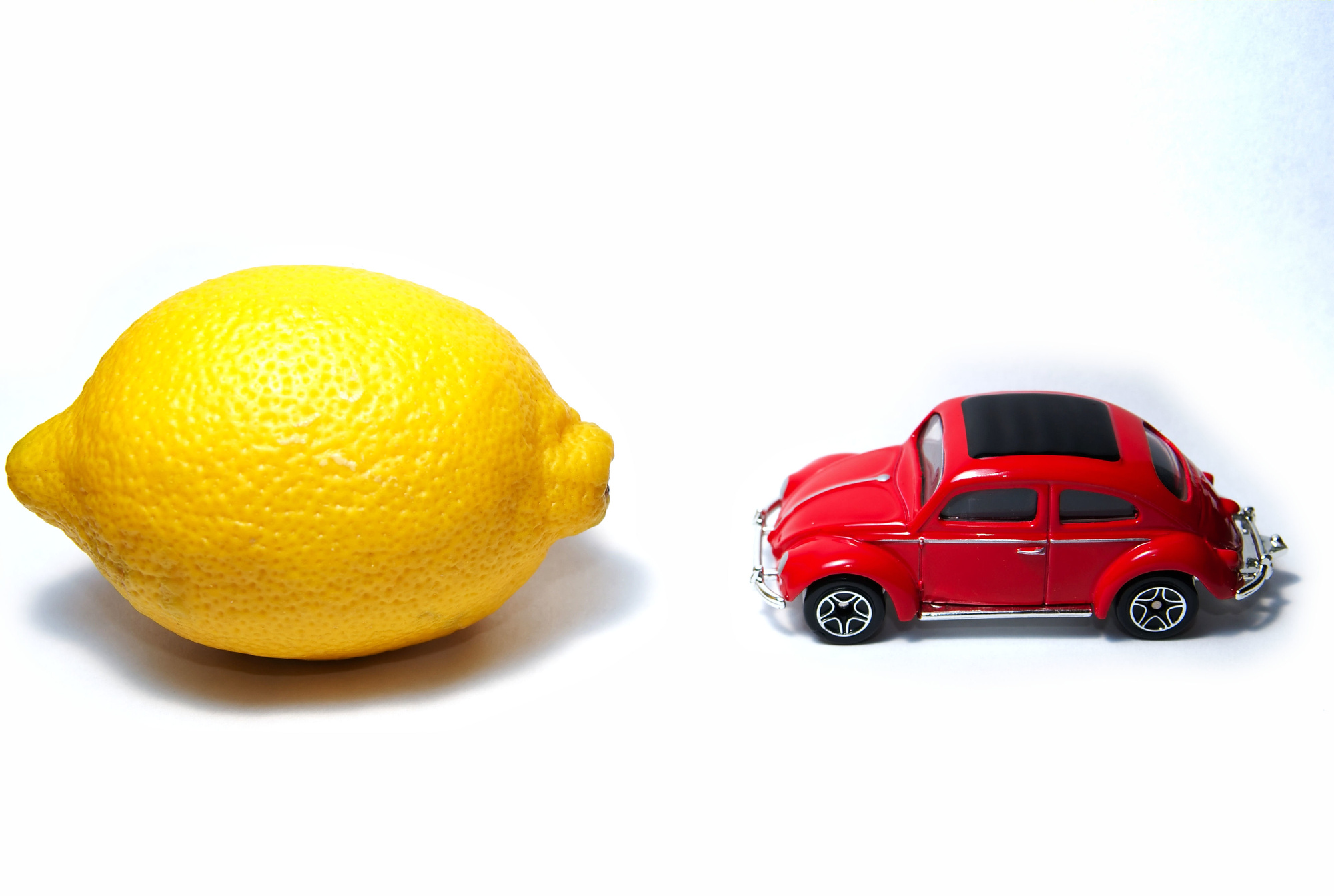Lemon laws are designed to protect consumers who have purchased vehicles that have ongoing mechanical problems or defects. Here are ten different mechanical problems that might be covered by lemon laws, depending on which state the person purchased the car in:
Engine Problems
Cars can have a range of engine problems such as overheating, stalling or loss of power. These issues can be caused by a variety of factors including faulty sensors, failing spark plugs or malfunctioning fuel injectors. Lemon law may cover repairs or other expenses.
Transmission Problems
Transmission problems such as grinding gears while shifting or slipping gears usually require extensive repair processes. These problems can be caused by a variety of factors including failing clutches, worn-out transmissions or faulty torque converters.
Brake Problems
Soft or spongy brake pedals and long stopping distances are major causes for concern. These issues can be caused by a variety of factors including worn out brake pads, faulty brake calipers, rusted brake lines or pinhole leaks in the brake system.
Steering Problems
Steering problems such as loose or wandering steering wheels are another major cause for concern. These issues can be caused by a variety of factors including worn-out steering components, faulty steering racks or problems with wheel alignment.
Electrical Problems
Cars can also have electrical problems such as issues with dome lights, radios or other electrical components. These issues can be caused by a variety of factors, including faulty wiring harnesses, failing alternators or bad inverters.
Suspension Problems
Vehicles might have ongoing suspension problems such as leaking shocks or struts. Shocks and struts are important parts of suspension systems and they help to dampen movement to provide a smooth ride. If the shocks or struts are leaking, suspensions may feel loose and bouncy and cars may be more difficult to control. As another example, cars might have faulty ball joints which means the suspension may be misaligned and the car may pull to one side when driving.
Exhaust Problems
Many exhaust issues could be covered under lemon laws. Leaks in exhaust systems are a deadly concern because they can force harmful gases to escape from the exhaust system and enter the cabins, a deadly carbon monoxide risk for drivers and passengers. Another example is failed catalytic converters: when these converters fail to transform some of the unburned fuel-rich exhaust into energy, they instead release the unburned fuel into the air, contributing to climate change as well as failed emissions tests.
Cooling System Issues
Vehicles can have ongoing cooling system problems such as engine overheating or coolant leaks. These issues can indicate a much larger problem, such as a cracked engine block. If this is the case, a new engine may be needed and therefore it may be cheaper to get a whole new vehicle instead.
Fuel System Problems
Some fuel system problems that cars can have include leaks in the fuel system, which can be highly dangerous as spilled gasoline is a fire hazard. Fuel leaks can also cause a loss of fuel efficiency and can cause the car to run poorly. Alternately, failed fuel pumps can cause a loss of fuel pressure and can cause the car to run poorly or not to start at all.
Drivetrain Problems
Some vehicles have ongoing drivetrain problems such as a grinding or whining noise from the drivetrain. This may result in vehicles remaining stationary even while in gear.
These mechanical problems can be major, but thankfully, repairs and replacements may be covered by state lemon laws. It can help to contact an experienced lemon law attorney to discuss options. He or she can help determine whether a vehicle is covered by lemon laws and can help pursue the right to a replacement vehicle or a refund.







